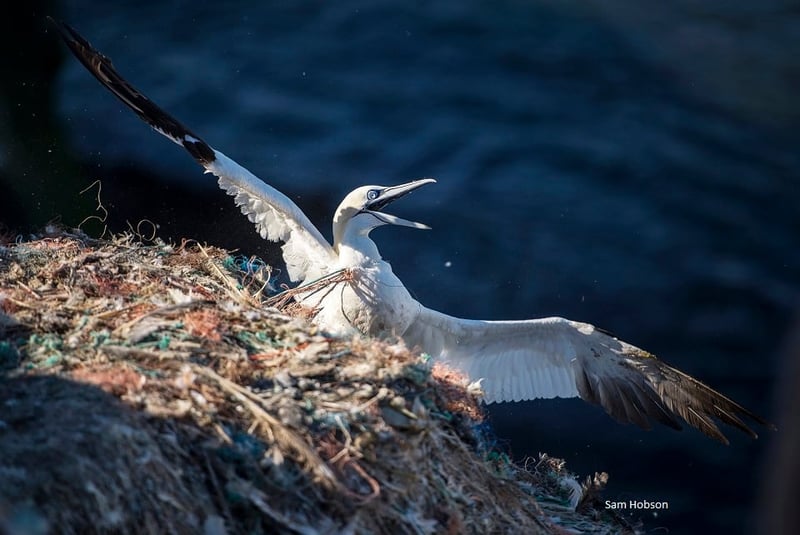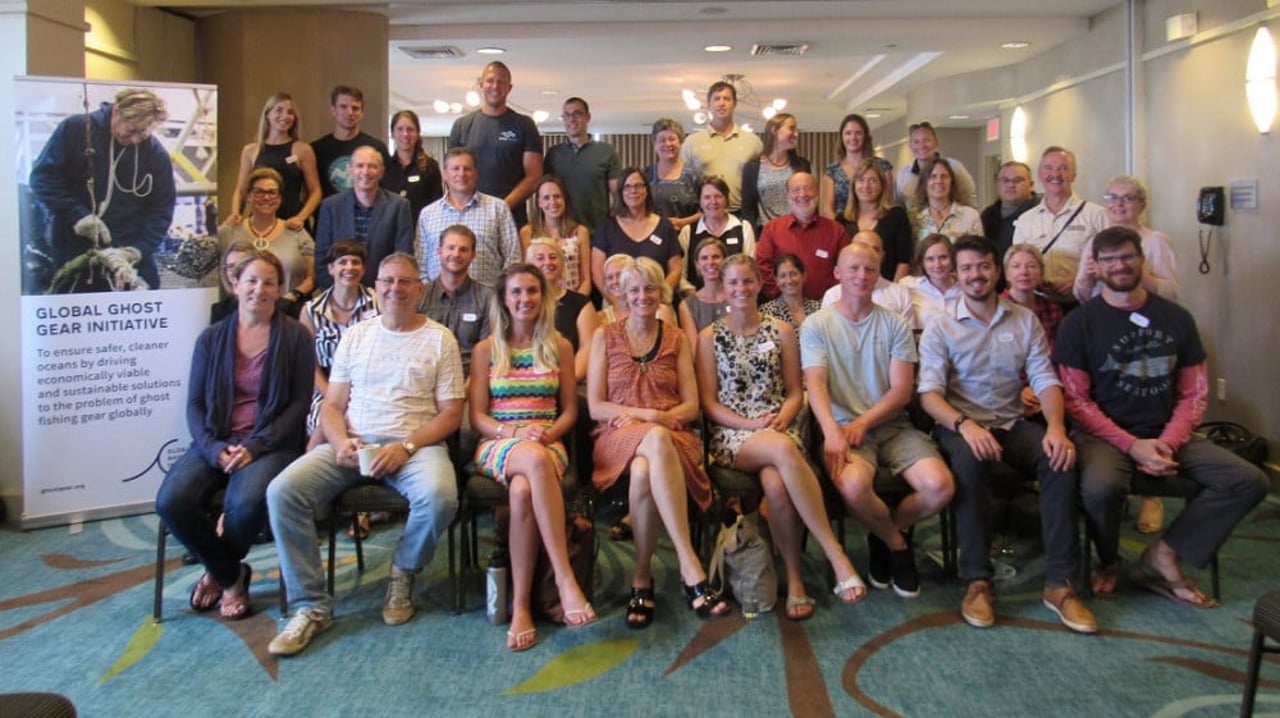
Working together to tackle ghost gear
News
A staggering 640,000 tonnes of fishing gear is left or discarded in our oceans each year. Known as ghost gear, this haul of lines and nets, traps, injures, mutilates and kills hundreds of thousands of whales, dolphins, seals, turtles and birds annually.
The growing volume of ghost gear and lack of a global solution also puts a strain on the livelihoods of coastal communities.
To combat this enormous problem we launched the Global Ghost Gear Initiative (GGGI) in 2015, a cross sectoral alliance with the aim of working to rid the world’s seas of ghost fishing gear. The first global initiative of its kind dedicated to tackling the issue of ghost gear, the GGGI aims to improve the health of marine ecosystems, protect marine animals from harm, and safeguard human health and livelihoods.
Over the past year, the GGGI has;
- Doubled the number of participants who are global in nature.
- Kick-started the development of a data portal for monitoring ghost gear proliferation and hotspots, as well as types of gear lost, with input and leadership from CSIRO as part of the Building Evidence working group.
- Developed a robust draft Best Practice Framework for the management of fishing gear at the different stages of its life. When completed, the Best Practice Framework will provide valuable guidance for seafood companies, fishers, gear manufacturers and certification bodies on best practice measures for preventing ghost gear from entering our oceans.
- Collaborated on multiple ghost gear solution projects, including a net recycling pilot in Scotland with KIMO UK in collaboration with fellow GGGI participant Plastix, a gear recovery and mapping project in Alaska with the Douglas Indian Association (DIA), and a fully circular-economy ghost gear project in Pakistan by Olive Ridley Project, which is due to commence by the end of 2016.
From 13-14 October, members of the GGGI convened in Miami, Florida for its third annual meeting. With participants from the fishing industry, the private sector, research and funding institutions, government agencies, and nonprofit organizations, the meeting was a productive opportunity to establish priorities for the year to come, and elect the GGGI's 2016-17 Steering Group.
Ingrid Giskes, GGGI Steering Group Member and Head of Sea Change at World Animal Protection, said:
“We are so proud of the huge achievements of our participants and of the global recognition the GGGI is beginning to receive in such a short period of time.
“The United Nations Sustainable Development Goals (SDGs) have recognized the huge problem of marine litter in SDG 14. We are convinced that the GGGI as a platform can bring the coordinated and collective approach that is needed to deliver on the ambitions of SDG 14, and can help formulate a much-needed concerted plan of action.”
Tom Barry, GGGI Steering Group Member and Cooperative Agreements Specialist at the NOAA Marine Debris Program, said:
“The GGGI is unique because it brings together such a diverse group of stakeholders and sectors working together to solve the problem of ghost gear. I’m excited to see the GGGI grow and continue to elaborate on its mission and achieve its goals to hopefully get to a point where one day ghost gear is not an issue for the marine environment.”
Looking forward, the GGGI is a key platform to deliver UN Sustainable Development Goal (SDG) 14.1, which calls on governments to prevent and significantly reduce marine pollution of all kinds (including ghost fishing gear) by 2025.
Learn more about how we’re working to reduce and remove ghost gear from oceans around the globe.
